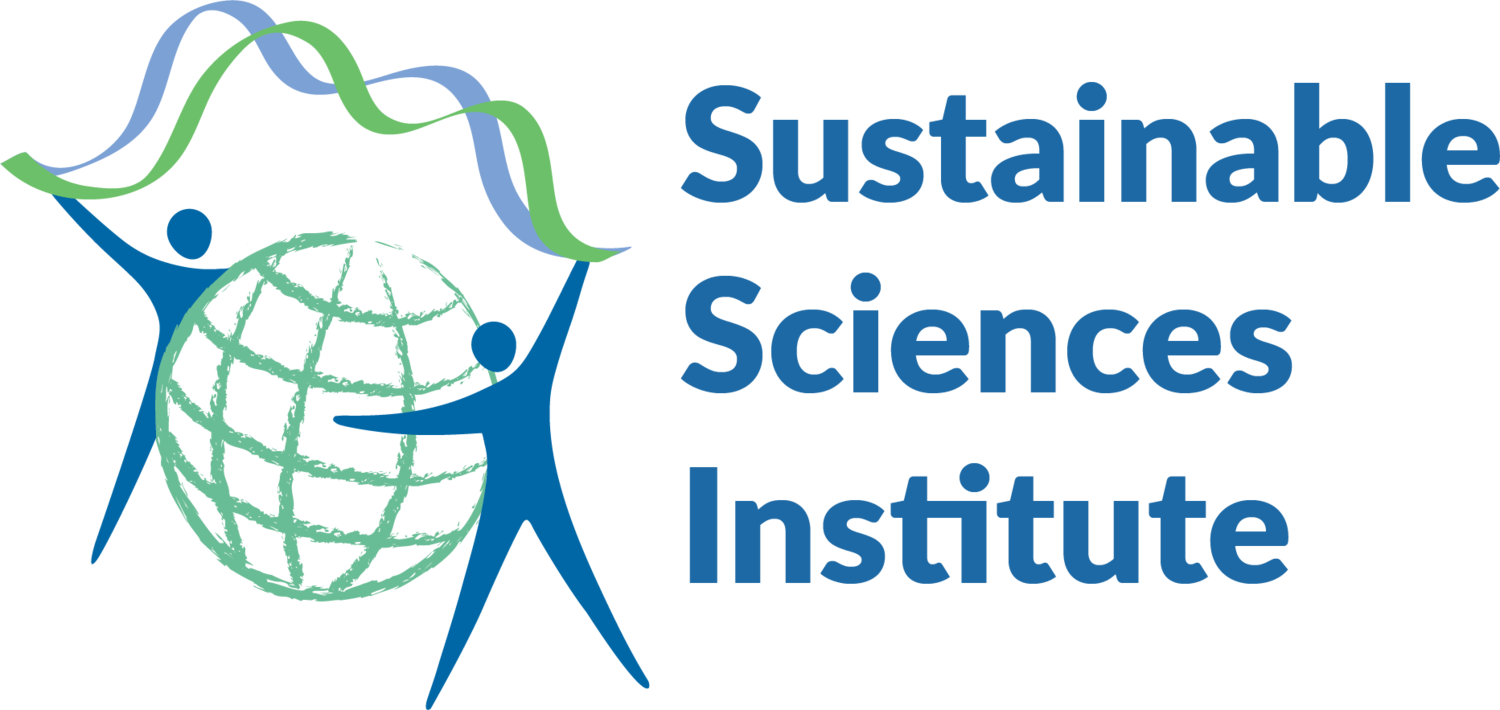Innovative Use of the Care Group Model With mHealth to Reduce Zika Virus Transmission and Improve Community Engagement Response in Nicaragua
““This project has become a safe space for people, especially the youth, to express their emotions, and share knowledge and experiences (about how to prevent mosquito breeding sites) with their own communities, which has turned into a hope for their futures.” ”
This joint initiative between Sustainable Sciences Institute and AMOS Health and Hope, is a community-based, low-cost intervention that combines Care Group (CG) behavioral strategy with regular home inspections and mHealth technology to prevent the transmission of Zika, Chikungunya and Dengue as well as lower negative pregnancy outcomes for women infected with Zika.
The project is located in one semi-rural and and one urban district of Managua, Nicaragua, covering a population of roughly 50,000 people. The project is broken down into three unique strategies:
Aedes Aegypti Mosquito Vector Control
Utilizing Care Group cascade training to mobilize community leaders and brigadistas (community volunteers). Introduction of group meetings and systematic home visitation to promote elimination of mosquito breedings sites.
Social Behavioral Change (SBC)
Reinforcing key messages and support for behavioral change, through condoms usage to prevent sexual transmission of Zika and active elimination of mosquito breeding sites.
Community Based Surveillance
Incorporating local Aedes Aegypti larvae and pupa data for participatory monitoring and evaluation to facilitate community dialogue and action for the elimination of mosquito breeding sites.
Our goal is to strengthen the role of community engagement in health systems with an emphasis in community -based entomological surveillance to reduce the spread of Zika. Through the Care Group model, we will train and support community volunteers known as, ‘brigadistas’ to share health education messages in Zika prevention and community-based vector control with 8-10 other households.
Brigadistas are also trained to do follow-up home visits to help community members inspect their homes for larvae and pupae and then eliminate potential mosquito (Aedes egypti) breeding sites.Brigadistas will also follow-up on suspected cases of Zika or Dengue infection, determine household risk for mosquito-borne illnesses, and refer pregnant women and newborns to clinical care through the bi-monthly monitoring registries that each brigadista will fill out and share with the care group facilitator during meetings. An additional component of this project is the use of a mobile application called ZikaChat developed by SSI, which is a mobile data-sharing platform, where participants using the app will be able to communicate, and report potential mosquito breeding risk sites to their peer group. The platform will allow for real-time analysis of Zika and Dengue risk in households, neighborhood and districts. By using Community-Based Participatory Research (CBPR) principles to guide our collaborative approach to design, implement and monitor programs with the community themselves as partners, this project puts science in the hands of communities -- combining local community and personal knowledge with collective action and partnerships to achieve social and behavioral change for the reduction of Zika transmission.


